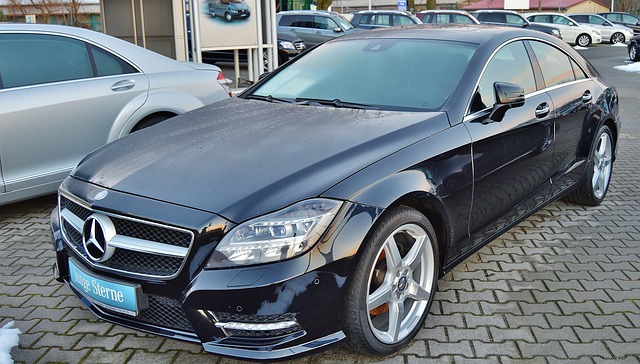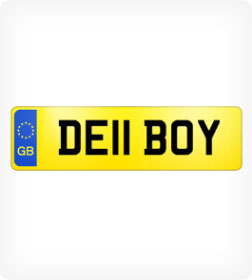Linked with our beginner’s guide to buying cars at auction, this guide takes a step-by-step look at how to use auctions to sell your vehicles.
THE COSTS
It will cost you money to enter a car for auction and there is a commission fee due to the auction house if it gets sold, so you need to check and agree to those rates before you put a vehicle up for auction. While these costs may be off-putting to some, more and more buyers are attending auctions looking for deals on single cars. Therefore bidding battles are also on the up, helping some sellers make a tidy profit.
WHAT CARS ARE BEST TO SELL AT AUCTION?
Our advice would be to restrict live auction sales to only your better motors. This is because at auction your car will be ‘privately entered’, which means it will be less likely to have a full service history and single owner, unlike a fleet or business vehicle that buyers will have their eye on.
Therefore your more attractive, desirable and maybe harder-to-find cars will sell better if ‘privately entered’. Examples include diesel over petrol, low mileage, cars with attractive features, and as much paperwork as possible.
It’s important to get your car in tip top condition for an auction as potential buyers will have the chance to view it before the bidding starts.
RESERVE PRICES
You should also consider the minimum you’d want to sell a car for and put a reserve on. This means that if the bids don’t go higher than your reserve, you keep the car and can try to sell it another way or another day.
By not putting this in place, you risk walking away without the car and less money than you paid for it. Again, this is why it’s worth only putting your best cars into auction. There is a much higher chance of them going under the hammer for a good (or great) return on your investment.
Want more? Read our guide to buying cars at auction here.
UPDATE YOUR INSURANCE
Once a car has sold, you need to update the MID to let them know it’s no longer in your possession. Insuring it, taxing it and any claims are now the responsibility of the new owner – but if you don’t take it off your own cover, you could end up being held liable for any claims made against the new owner if they get into an accident. Your motor trade insurance provider should be able to update the MID for you if you’re not doing it directly, but either way you should also notify your broker.
Get a quote
We can help you make sure you’re properly covered. For a quick competitive quote on your motor trade insurance, get in touch below.




